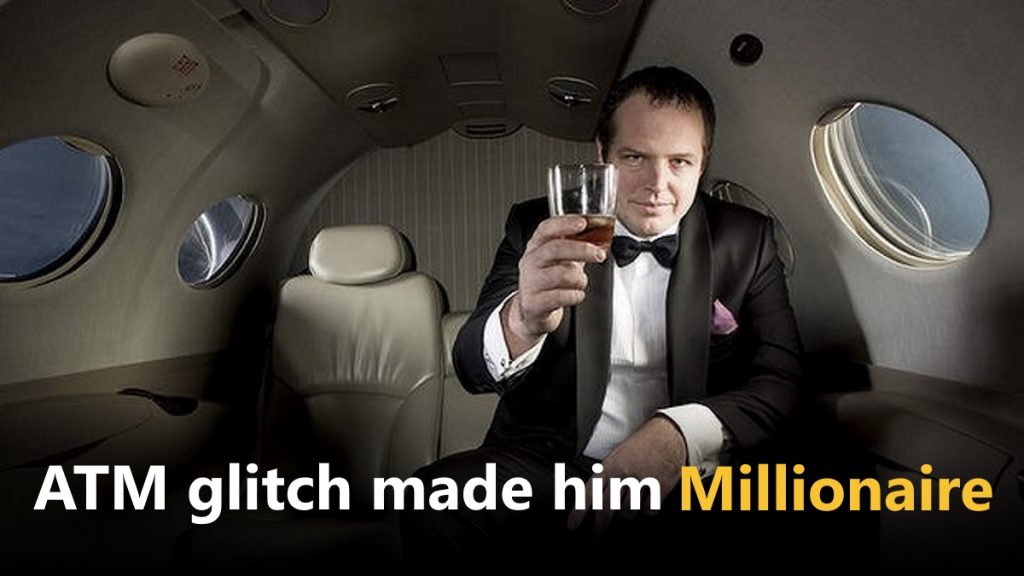When Daniel Saunders, a bartender in a small Australian town, stumbled across a flaw in a bank’s ATM system, he didn’t just find a way to withdraw cash—he opened the door to a lifestyle most only dream of. For four months, he accessed more than a million dollars that technically never existed in his account. The story may sound like a fantasy, but Saunders’ journey from everyday pub worker to jet-setting spender and then to jail is one that highlights the unseen consequences of an unexpected windfall.
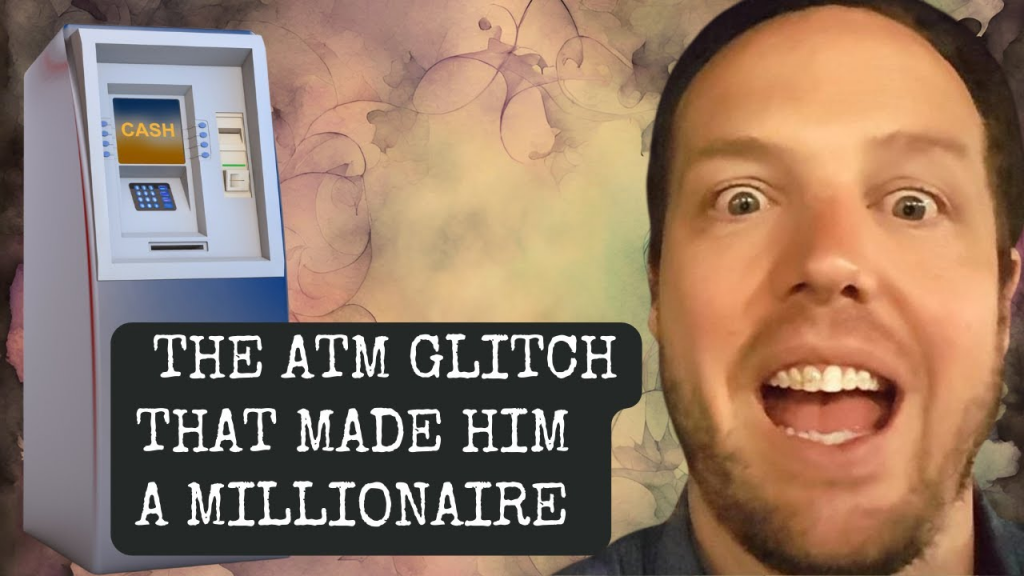
It all began with a simple late-night transaction. Saunders transferred a small amount of money from his credit card to his savings account using an ATM. Even though the screen displayed an error and the transaction was marked as canceled, the machine still spit out the cash. Confused but intrigued, he tried again. It worked a second time. Then a third. What he discovered was that between 1 a.m. and 3 a.m., the ATM system operated in a temporary disconnection mode while the bank’s systems updated. This created a short window where money could be transferred and withdrawn without real-time verification. In other words, Saunders could shift non-existent funds between accounts and withdraw them before the system noticed.

What followed was a whirlwind. Saunders, like someone stumbling upon buried treasure, quickly tested the boundaries of the glitch. He pulled out larger sums. Thousands turned into tens of thousands. Before long, he was chartering private jets, hosting extravagant parties, buying expensive clothes, and paying off his friends’ debts and tuition fees. To those around him, he seemed to have come into money—perhaps through inheritance or a lucky business deal. No one suspected he was living off a digital mirage.
The experience, he admitted later, was euphoric. He felt untouchable, above the rules that had once governed his life. No longer confined to a bartender’s wage, Saunders embraced the identity of a man who could afford anything, do anything, and help anyone. The money became a passport to indulgence. Expensive dinners, designer labels, and spur-of-the-moment flights became his new normal.
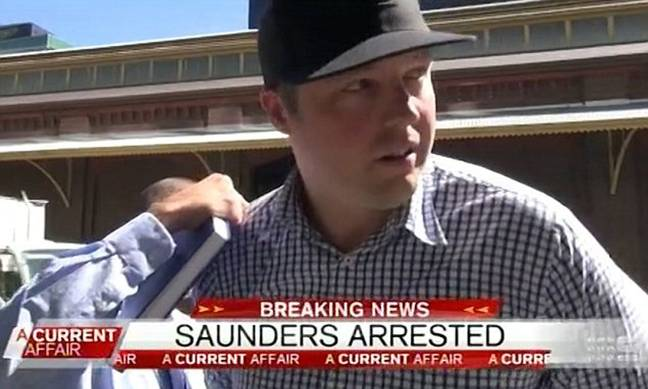
But with every withdrawal, a silent weight grew heavier on his shoulders. Even though no one knew his secret, Saunders felt the internal conflict growing. The more he spent, the more detached he felt from reality. Anxiety began to creep in during the quiet moments. He’d lie awake, imagining the knock on the door, the handcuffs, the courtroom. The thrill of beating the system started to fade, replaced by a gnawing guilt and constant paranoia.
Eventually, the pressure became unbearable. Despite getting away with it for months, Saunders knew it couldn’t last forever. And deep down, he didn’t want it to. He wanted to stop looking over his shoulder. He wanted to reclaim a sense of truth. So he did something few in his situation might have done—he confessed.
Turning himself in was not just about facing legal consequences. It was about confronting what the money had done to him. He had gone from an ordinary man to someone addicted to excess, someone who no longer recognized himself. At trial, he was charged with over a hundred counts of fraud and theft. The court sentenced him to 12 months in prison. For many, the punishment seemed light, considering the amount of money involved. But Saunders says the real sentence was psychological.
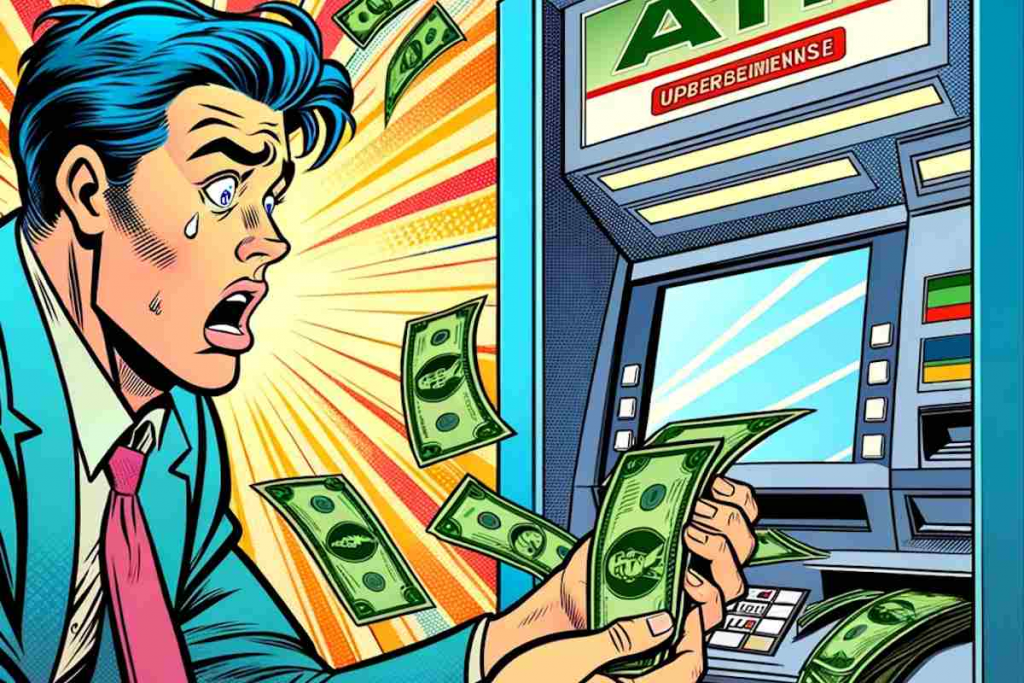
He described moments in prison when he replayed everything in his mind—each withdrawal, each flight, each drink bought with money that wasn’t his. The haunting part wasn’t getting caught. It was how easy it had been to lose himself. The scariest realization, he confessed, was that he hadn’t regretted the spending while it was happening. It was only after the lights dimmed and the doors closed that the gravity of his choices hit him.
After serving his time, Saunders returned to a quiet life, far removed from the chaos of his short-lived opulence. The world hadn’t forgotten, but it had moved on. He, however, would always carry the memory of that surreal chapter. What once felt like a dream now reads more like a warning. Easy money comes with its own cost, and no ATM—no matter how flawed—can give back a clear conscience.
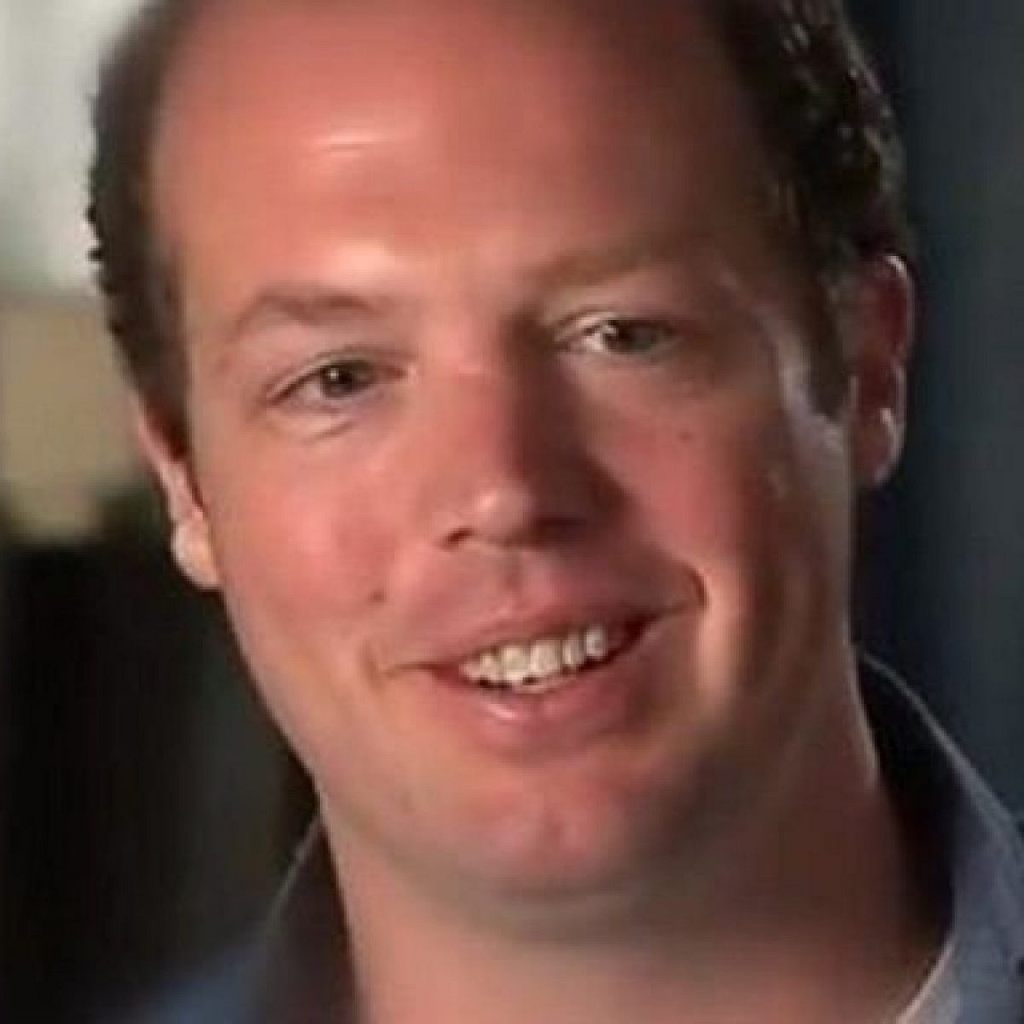
The story is less about a glitch in the system and more about the cracks it revealed in the human psyche. When handed power without boundaries, many of us might not be as strong as we think. For Saunders, the greatest loss wasn’t the money or the prison time—it was the inner peace he traded for four months of pretending to be someone else.
